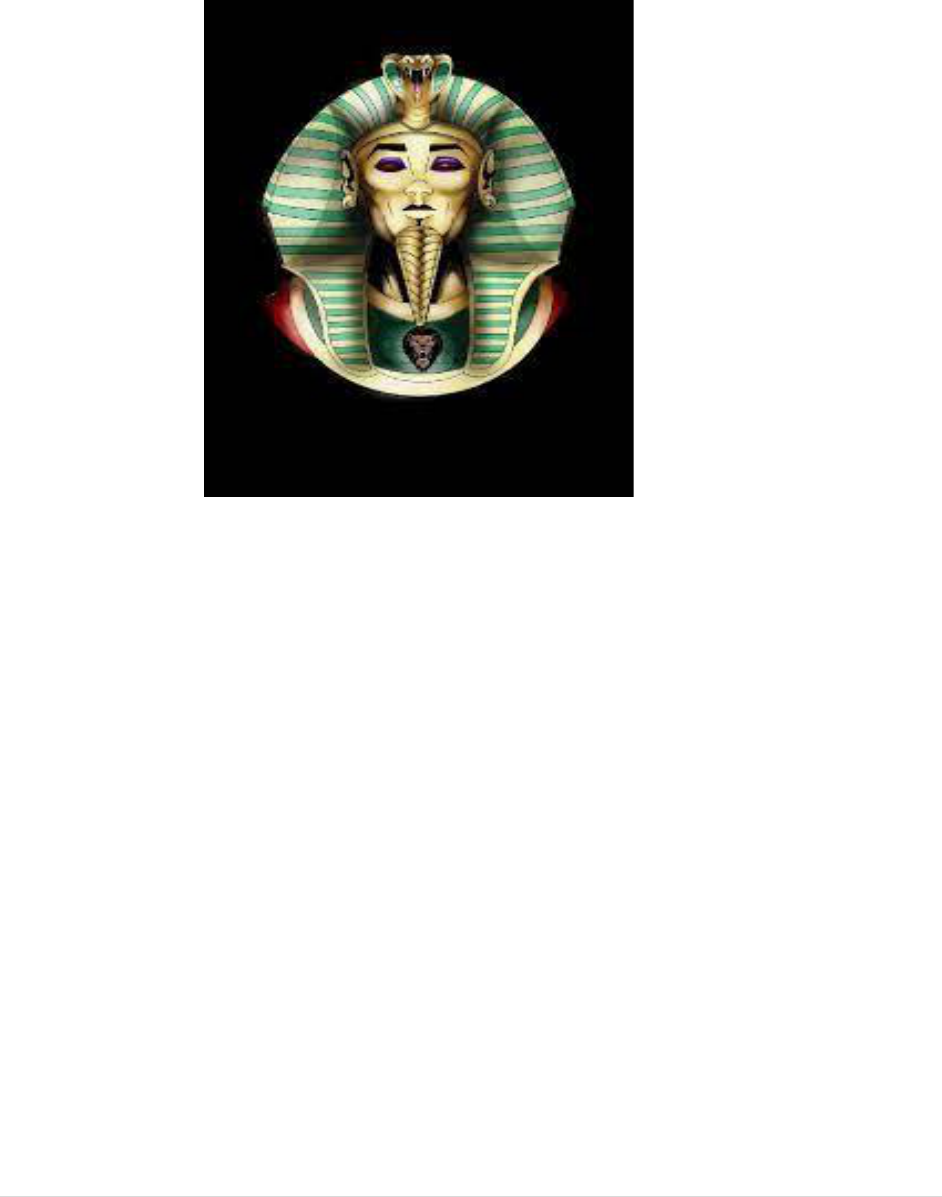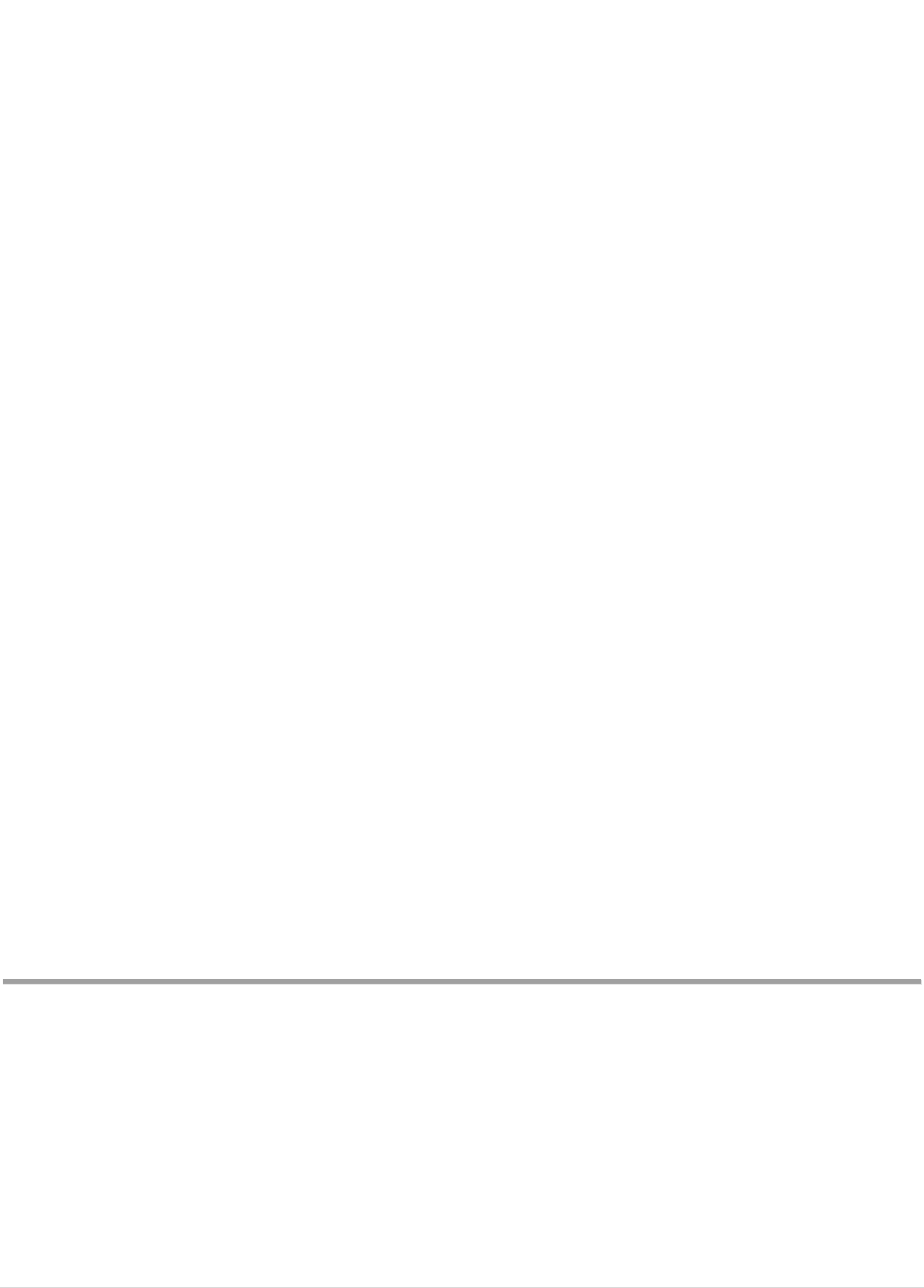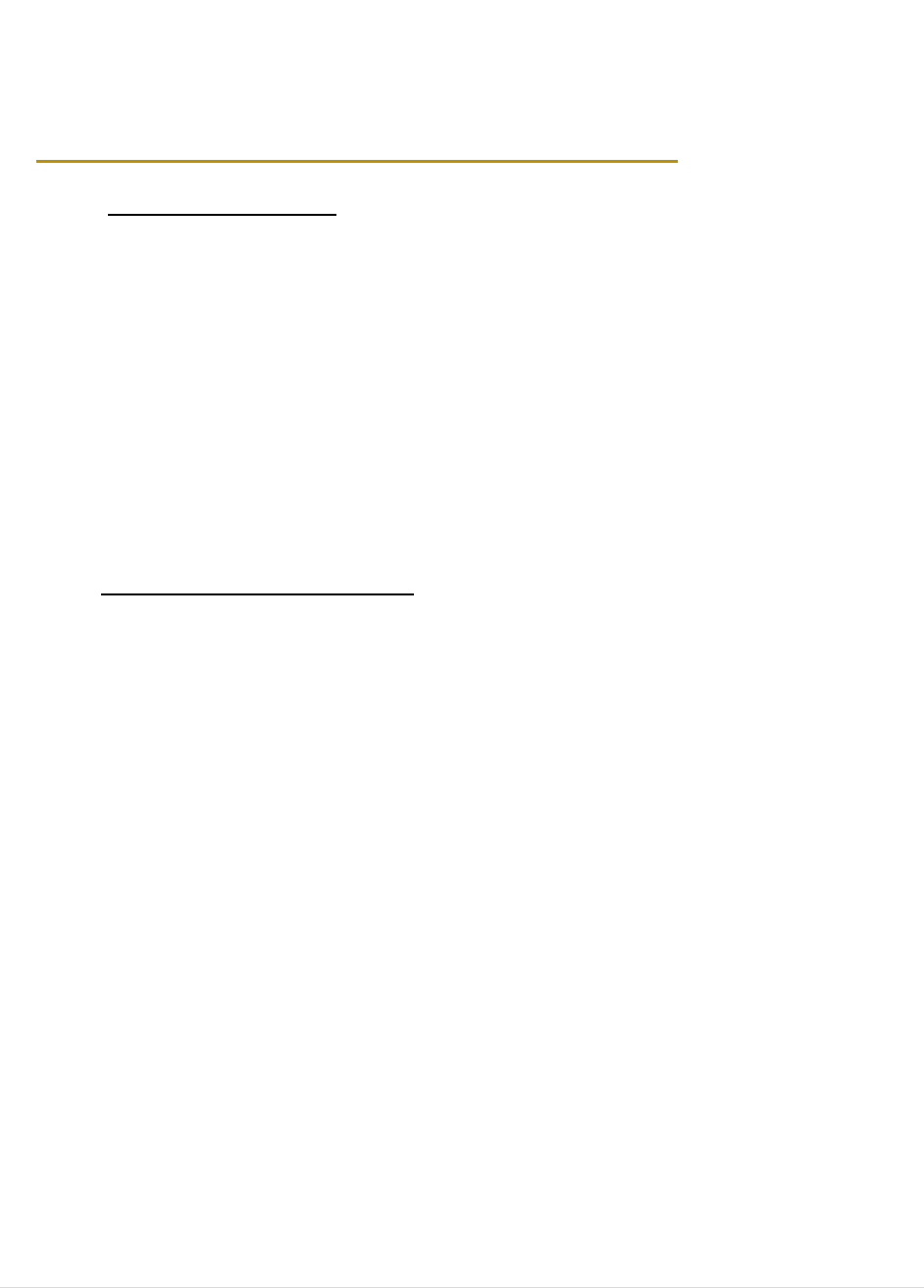
DYSC Code of Conduct Rev 0
1 | P a g e
DYNASTY YOUTH SPORTS
CLUB
(DYSC)
CODE OF CONDUCT

DYSC Code of Conduct Rev 0
2 | P a g e
DYNASTY YOUTH SPORTS CLUB
CODE OF CONDUCT
One of DYNASTY YOUTH SPORTS CLUB's goals is to provide children an opportunity
to develop superior life skills through team play, sportsmanship, top competition, and
hard work. Our mission is “Enriching lives and connecting communities through sports.”
An emphasis on Discipline, Respect and to be LOUD, PROUD and TOGETHER* for all
participants is a primary element of our club’s mission. To better achieve that mission,
we provide the following Codes of Conduct for all DYNASTY YOUTH SPORTS CLUB
players, parents, and coaches.
These Codes of Conduct are a covenant between DYSC players, parents, and coaches
to abide by the rules and regulations of the game, as well as to maintain a cooperative
attitude and uphold the ideals of fair play and sportsmanship. These Codes express our
core values and goals. It is essential they be honored and followed.
The Codes of Conduct can be summarized in the following three principles:
(1) Demonstrate a positive attitude.
(2) Set a good example
(3) Maintain good relationships with all youth football participants.
Player and Coach consequences will be determined by the Director of Coaching,
Executive Director, and/or Board of Directors for violations of the player Code of
Conduct.
* LOUD, PROUD and TOGETHER = Loud – Actions speak louder than words, Proud – take pride in the
hard-work put in to become a part of this organization/family, Together – Mind, Body and Spirit then as a
collective.

DYSC Code of Conduct Rev 0
3 | P a g e
1. DEMONSTRATING A POSITIVE ATTITUDE
Players, parents, and coaches are expected to show a positive, respectful
attitude for everyone involved in the sport. Criticism and disrespect for officials,
opponents, coaches or fans undermine the purpose of sport and encourage behavior
contrary to the spirit of the game and the mission of DYSC.
2. SETTING A GOOD EXAMPLE
Each person associated with DYSC is accountable for his/her own behavior
at all times, on or off the field of play. Parents, coaches and other adults should
remember that children learn by example - it is up to the adults to set good
examples. DYSC will not tolerate conduct that is detrimental to the sport, the
participants, or the community. Such conduct includes: Vulgarity by coaches, players
or parents; harassment or belittling of officials, coaches or players; verbal abuse, threats
or physical violence toward anyone before, during or after a match; and the taunting of
opposing players, coaches and parents. We require thorough self-restraint by all
participants - both players and adults. Teams must exercise appropriate control over
those who fail to control themselves.
3. MAINTAINING GOOD RELATIONSHIPS
Officials - The referee's job is a difficult one. All referees are human, and they do
make mistakes. Parents or players who believe their team has been treated unfairly or
has been assigned an unqualified referee should speak to their coach after the game.
Coaches should inform the appropriate league or tournament officials about blatant
officiating problems. In accordance with MSHAA Rules & Regulations, verbal abuse
toward a referee can result in penalties and ejection for the player, coach or parent.
Referees have the authority to suspend play if a coach does not control his players and
parents/supporters.
Opponents - Players and coaches are required to maintain a sense of fair play
and be respectful of opposing players, coaches and fans at all times. Sportsmanship
begins with respect. Without it, the positive competitive environment, which should be a
perfect classroom for learning the values of Sports and everyday life, is completely
undermined. Occasionally we will encounter opponents who do not share our values
and high standards. If we allow ourselves to be drawn down to their level, we will have
lost regardless of the final score.
Our Own Family (Team) - In an environment where our children are competing
not only against other teams but also frequently against each other, it can be difficult to
control jealousies and rivalries. A successful team resembles a family in which
members put their own needs second, behind the greater good of the team.
Great care must be taken not to undermine the coach’s authority. As in most cases,
parental example is all-important.

DYSC Code of Conduct Rev 0
4 | P a g e
COACHES Code of Conduct
The Head Coach will be provided with copies of the Code of Conduct prior to the start of
the season. Each Head Coach is responsible to see that their assistant coaches, players,
and spectators abide by the respective Code of Conduct.
Each coach will ensure that his/her conduct is that of a responsible adult fairly competing
to the limit of his/her ability. To satisfactorily meet these responsibilities, the coach is
expected to:
1. Know the rules and abide by them.
2. Instruct players in the rules and coach his/her team in such a way as to
motivate each player to always compete according to the rules.
3. Place the emotional and physical well-being of the players ahead of any
personal desire to win.
4. Respect the game officials and refrain from questioning their decisions in a
disrespectful or abusive manner.
5. Ensure that all building rules and regulations are followed by the players and
spectators.
6. Ensure that fans of his/her team will always conduct themselves with
sportsmanship and maturity.
7. Respect the coaches and players of the opposing team both during the play of
the game and at its conclusion, win or lose.
8. Respect all Dynasty Youth Sports staff.
9. Teach each player, especially through personal example, to be humble and
generous in victory and proud and courteous in defeat.
10. Maintain control of his/her emotions and avoid actions, language, and/or
gestures that may be interpreted as hostile and humiliating.
11. Instruct team support personnel in their responsibilities in accordance with
established rules and procedures.
12. Realize, accept, and practice the principle that a team’s reputation is built not
only on its playing ability, but also on its sportsmanship, courtesy, and manner.
13. Not use or possess alcohol, or illegal drugs while at any DYSC event.

DYSC Code of Conduct Rev 0
5 | P a g e
PLAYER CODE OF CONDUCT
It is a privilege to play sports for DYSC. As an DYSC player, I will:
1. Play the game for the game’s sake, and not just to please my parents or coach.
2. Be modest and generous when I win and gracious when I lose.
3. Respect the game and its laws, learn these laws and try to follow them, and play
the game fairly.
4. Work for the good of my team and always give my best effort.
5. Show respect for the authority of the referee, even though I will sometimes
disagree with his/her calls.
6. Show good sportsmanship before, during, and after games. I understand that
sports are a game, and that the players on the other team are my opponents, not
my enemies.
7. Conduct myself with honor and dignity and treat other players as I would like to
be treated.
8. Help my parents and fans understand the laws of the game so they can watch
and enjoy the game better. I will be sure they understand that dissent is not
appropriate or permitted in our Family, nor at league or tournament games.
9. Control my temper and not retaliate, even if I believe I have been wronged.
10. Not use or possess alcohol, or illegal or performance-enhancing drugs.
Player consequences will be determined by the team coach, Director of Coaching,
Executive Director, and/or Board of Directors for violations of the player Code of
Conduct.

DYSC Code of Conduct Rev 0
6 | P a g e
PARENT CODE OF CONDUCT
As a parent, you play a special role in the development of your daughter or son, and of
his/her teammates. Your encouragement and good example will do more to ensure
good sportsmanship and self-discipline than any other influence. The other team is the
opponent, not the enemy, and should be treated with respect. While winning is
important, playing well and fairly is the essence of the game.
1. SUPPORT YOUR CHILD
Support your child by giving encouragement and showing interest in his/her
team. Help your child work toward skill improvement and good sportsmanship in
every game. Teach your child that hard work and an honest effort are often more
important than victory.
2. BE SUPPORTIVE AND YOUR CHILD'S BIGGEST CHEERLEADER
Children learn more by example than by criticism. Work to be a positive role
model, and reinforce positive behavior in others. Applaud good plays by others
on your child's team as well as good plays by the opposing team. Do not criticize
any child’s performance from the sidelines. Accept the results of each game.
Teach your child to be gracious in victory and to turn defeat into victory by
learning and working toward improvement.
3. DON'T BE A SIDELINE COACH OR REF
Refrain from coaching or refereeing from the sidelines. Parents who shout or
scream from the sidelines often give inappropriate advice at the wrong time. The
coach should be the only sideline voice. Remain well back from the sidelines and
within the spectator area. You and your child will both enjoy the game more if you
put some emotional distance between yourself and the field or play. Officials are
supposed to be symbols of fair play, integrity and sportsmanship - Do not
question their judgment or honesty in a disrespectful or abusive manner.
4. DEMONSTRATE A POSITIVE ATTITUDE TOWARD YOUR OPPONENTS AND
THEIR FAMILIES
Opponents are not enemies. Take care to show good hospitality at home and to
represent DYSC in a positive way when playing other clubs. Never allow yourself
to be drawn into a verbal disagreement with opposing parents or coaches. No
one has ever regretted letting “cooler heads prevail.”
5. REMEMBER THAT YOUR CHILD WANTS TO HAVE FUN
Your child is the one playing the sport, NOT YOU. Children must establish their
own goals - to play the game for themselves. Take care not to impose
unreasonable demands on your child. Let your children experience the fun of
playing as well as the challenge of excelling.

DYSC Code of Conduct Rev 0
7 | P a g e
GENERAL EXPECTATIONS OF DYSC PARENTS:
They will set a good example for their child in his/her athletic development by
adhering at all times to the following. I/We will:
• Not DISRESPECT the referee openly or directly, during or after games. Any
criticism shall be done in writing, sent to my coach and/or my club representative,
not verbally.
• Give ONLY positive feedback to players.
• Cheer at all games within the spirit of fair play and shall do our best to cheer the
effort regardless of the outcome.
• Do our best to teach our players to become students of the game and life.
• Show the quality of our sportsmanship during and after each game and help our
child remember to thank the referee after the match without regard to the result.
• Do our very best to have our child prepared for every game.
• Support the learning efforts of the players, the coaches, and the referees by
demonstrating our patience.
• Understand that improper behavior at a game may result in a parent being asked
to leave the field by the referee, or a club official so the coach does not receive a
penalty or ejection due to the action of the parent spectator.
• Leave the coaching to the coach during the game. We shall not give our child
instructions during the game.
• Understand that the leagues can, and will if necessary, suspend a parent from
watching and their athlete from play should we behave in a manner that is rude
or otherwise offensive.
• Agree to do our best to have as much fun watching the game as the players
should have playing the game.

DYSC Code of Conduct Rev 0
8 | P a g e
OFFENSIVE ACTIONS
Any individual violating the Code of Conduct set forth above shall be subject to
penalties and sanctions as set forth in the Disciplinary Procedures below. In addition to
conforming to the requirements of the Code of Conduct above, the following actions are
specifically prohibited. (“Offensive Actions”):
1. Refusing to abide by an official’s decision.
2. Verbally abusing or assaulting any player, coach, official, parent, spectator, or
Dynasty Youth Sports staff.
3. Physically assaulting, abusing, or threatening any player, coach, official, parent,
spectator, or Dynasty Youth Sports staff.
4. Stalking, tailing, or attempting to intimidate any player, coach, official, parent,
spectator, or Dynasty Youth Sports staff.
5. Engaging in any other type of violent behavior, such as throwing equipment or
other objects.
6. Engaging in any lewd or sexual behavior, physically abusing a player, or
engaging in any inappropriate physical contact with a player.
7. Unless specifically allowed by the rules of the sport, pushing, shoving, or
striking any player.
8. Using drugs or alcohol while coaching, attending, or participating in any
Dynasty Youth Sports Club sport or other DYSC event.

DYSC Code of Conduct Rev 0
9 | P a g e
DISCIPLINARY PROCEDURES
1. REPORTING IMPROPER CONDUCT
DYNASTY YOUTH SPORTS CLUB provides a forum on its website to allow
coaches, players, parents, spectators, and officials to report to the Disciplinary
Committee any issues they observe before, during, or after practices and games. The
link to report Code of Conduct violations and Offensive Actions can be found under
“Contact Us” on the DYSC website.
a. Reporting by Coaches
i. It is the responsibility of every coach to address improper conduct observed
by the coach or brought to the coach’s attention in a timely and respectful
manner.
ii. In the event any coach feels that the Disciplinary Committee should be
involved in addressing any improper conduct, the coach is encouraged to contact
the Disciplinary Committee through the DYSC website.
iii. Coaches must report any Offensive Actions to the Disciplinary Committee,
including, without limitation:
1) Any report or allegation of inappropriate physical contact, violence, or
threatened violence against any player, coach, official, parent, spectator, or
DYNASTY YOUTH SPORTS CLUB staff.
2) Any observed or reported use of drugs or alcohol by any player, coach,
official, parent, or spectator during any DYSC event.
3) Any situation where a player, coach, parent, or spectator is ejected from
a game or removed from the premises.
iv. Coaches are encouraged to keep the Disciplinary Committee informed of
any improper conduct and the steps taken by the coach to address the
misconduct, even if the coach is not required to report the misconduct to the
Disciplinary Committee.
v. Coaches shall promptly respond to any request by the Disciplinary
Committee for information relating to any incident or violation of the Code of
Conduct.
b. Reporting by Parents and Spectators
i. Parents and spectators are encouraged to report any improper conduct to
the coach and/or the Disciplinary Committee.

DYSC Code of Conduct Rev 0
10 | P a g e
ii. If a parent or spectator reports misconduct to the coach and feels that the
misconduct is not appropriately addressed, the parent or spectator is encouraged
to contact the Disciplinary Committee through the DYSC website.
2. PROCEDURES FOR ADDRESSING IMPROPER CONDUCT
a. Coaches and Officials
i. Coaches and officials shall promptly address any misconduct that is
observed or brought to the attention of the coach or official during an DYSC
event.
ii. Coaches and officials have the absolute authority, in their sole discretion, to
issue verbal warnings and/or eject any player, parent, or spectator from any
game or match if the player, parent, or spectator violates the Code of Conduct or
engages in any Offensive Action.
iii. Officials have the absolute authority to issue verbal warnings and/or eject
any coach from any game or match if the coach violates the Code of Conduct or
engages in any Offensive Action.
b. DYSC Disciplinary Committee
i. The DYSC Disciplinary Committee will conduct a timely and reasonable
investigation into any misconduct reported to the Disciplinary Committee. The
scope of any investigation will be determined by the Disciplinary Committee in its
sole discretion, provided, however, that the Committee will provide any person
accused of misconduct a reasonable opportunity to be heard.
ii. After a reasonable investigation, the Disciplinary Committee will determine
the appropriate penalty for any violation of this Code of Conduct and any
Offensive Action.
1) Penalties will be based on the nature and severity of the violation.
2) The Disciplinary Committee will strive to treat all similar offenses in a
similar manner, while considering the individual facts and circumstances of
each violation.
3) The Disciplinary Committee will not discriminate in any manner in
determining whether to impose a penalty or in determining which penalty to
impose.
iii. The Disciplinary Committee will keep reasonable and appropriate records
of each reported violation and shall document each penalty and the reasons for
imposing the penalty.

DYSC Code of Conduct Rev 0
11 | P a g e
3. PENALTIES
The Disciplinary Committee shall determine the appropriate penalty for any violation of
the Code of Conduct and any Offensive Actions. Penalties may include any one or more
of the following:
a. Verbal Warning
b. Written Warning
c. Suspension:
i. One game suspension (can practice)
ii. Multiple game suspension (can practice)
iii. Indefinite suspension
d. Expulsion from DYSC
4. ADDITIONAL CONSIDERATIONS
a. If a coach or parent is expelled from the program, any child associated with
that person is also expelled from the program.
b. If a player is suspended from the DYNASTY YOUTH SPORTS CLUB, they
cannot participate in any DYSC competition for the duration of their
suspension.
c. If a player is expelled from the DYNASTY YOUTH SPORTS CLUB, they
cannot participate in DYSC. If they are currently on a team, they will be
removed from that team.
d. Behavior of players may also subject them to discipline under the DYNASTY
YOUTH SPORTS CLUB PLAYER code of conduct.
e. There are NO REFUNDS as a result of any person being removed from the
program.

DYSC Code of Conduct Rev 0
12 | P a g e
24 HR RULE
The 24hr rule is a rule that is in place to help keep peace between the coach and
parents. The rule is simple. Parents are urged to not approach the coach about issues
until 24hrs after the competition.
Reasons for the rule:
1. To allow the parents to calm down after the issue has developed.
2. Allow the coach to calm down after the competition.
3. Give parents and coaches time to think about the problem.
4. To prevent any unnecessary acts or scenes in front of players and other parent’s
5. Calmer heads will prevail!
6. To stop any embarrassing moments in front of the Player(s) or child(ren).
7. The hope that time to think about the issues will help to solve the problem in a
positive manner and the right resolution.
Sometimes in the heat of the moment parents and coaches say things that they really
don’t mean. This can hurt the player or team because things where not handled
correctly. The parent & Coach relationship is important, but the overall decisions should
be based on what is best for the team and players. The rule is in place to help protect
the players and team.

DYSC Code of Conduct Rev 0
13 | P a g e
I ______________________________, a _____________________ do confirm that I have read and
( Coach, Parent, or Player)
Understand the Code of Conduct for DYNASTY YOUTH SPORTS CLUB and with my signature both
promise and swear to abide by the rules and requirements of DYSC.
________________________ _________________________________
Print Name Signature
________________________
Date
